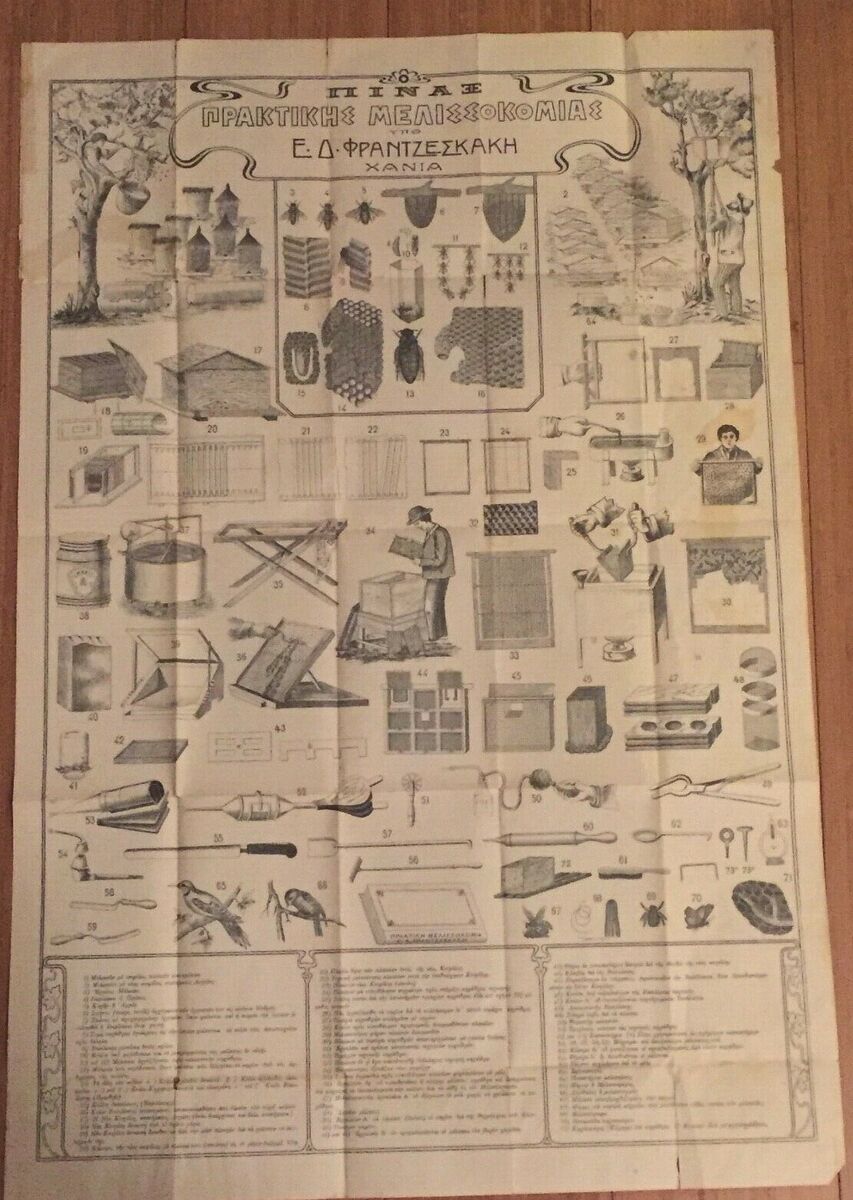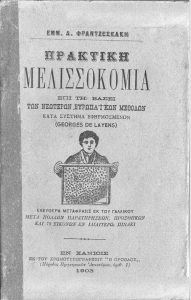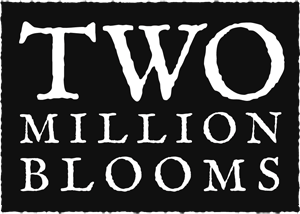
Back in April, I stumbled upon an eBay listing titled “1903 RARE LARGE ORIGINAL POSTER CHANIA CRETE BEES HONEY APICULTURE FRANTZESKAKIS” from a seller in Italy.
The date seemed to check out, given the free-flowing, curvilinear motif surrounding the title and key at the bottom—a signature characteristic of the Art Nouveau movement (1890–1910).
As a century-old piece of paper, it looked in great condition. And as a beekeeper, designer, and lover of old things, it was hard to pass up.
Upon arrival, I was afraid to even open it all the way. The poster was brittle and unstable, at least in my inexpert opinion. Sure, it could be filed away as a “collectible,” but what’s the fun in that? If it were to be displayed and enjoyed (which it was), it needed the help of a skilled conservator who could not only press pause on the oxidation process, but also breathe a bit of life back into it with restoration.
So, I sent it off. More on that in a bit.
In the meantime, what could be discovered about the poster’s history? Enter Google Translate. Beep, boop.
In Greek:
ΠΙΝΑΞ
ΠΡΑΚΤΙΚΕΣ ΜΕΛΙΣΣΟΚΟΜΙΕΣ
Τησ
Ε. Δ. ΦΡΑΝΤΖΕΣΚΑΚΗΣ
ΧΑΝΙΑ
English Translation:
TABLE
PRACTICAL BEEKEEPING
Of
E. D. FRANTZESKAKIS
CHANIA
If Greek adjectives follow the nouns, we have Practical Beekeeping Table
Of (possesive)
E. D. Frantzeskakis (the author)
Chaniá is a port city on the NW coast of the Greek island of Crete.
With a bit of digging, we learn that E. D. Frantzeskakis’ first name was Emmanuel. I couldn’t find anything about him except for his immense admiration for George de Layens and his innovative beekeeping methods.

The present work is the product of the study and many years of experience of one of the greatest sages of France, who worked for many years in the latest methods of theoretical and practical beekeeping.
The methods, which Georges de Layens included in this book, are so safe and positive that we, the first to apply his system in Crete, were amazed at the accuracy with which the results came one after the other.
The 170-page handbook contains no illustrations. Frantzeskakis knew Layens’ ideas and methods could not be disseminated by mere translation and publishing of a book when most of the beekeepers of the day were illiterate. Therefore, he deemed it necessary to publish the poster, packed with dozens of figures to serve as their “book.”
The book and poster are from the chromatographic printing house I Próodos, meaning “The Progress.”
Back to the restoration…
I sent off the poster to Chris Cloutier, owner of Posterfix in Brooklyn, NY. Chris has nearly 40 years of experience in the field of poster restoration. He also appreciates the history of the posters he restores, which is evidenced in his videos which document the process.
Watch the delicate work of Chris linen backing and his wife, Okhee, on the restoration.

